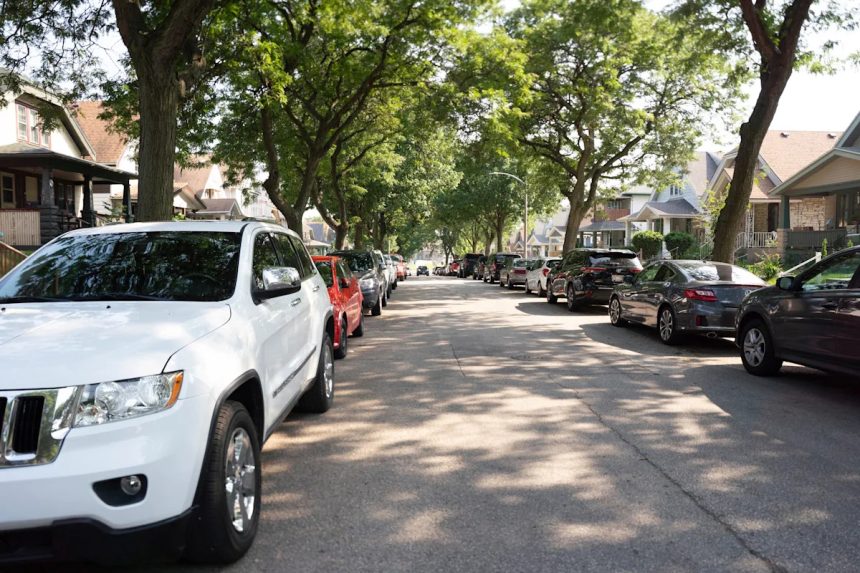Is there anything more irritating then coming home and finding your parking spot is gone?
Many have experienced the ultimate frustration of coming home after a long day and finding an unfamiliar car in front of their house ⸺ or in the worst case ⸺ in their usual parking spot.
Whether the neighbors are throwing a party or people are simply visiting the area, someone parking in front of your house can be annoying.
But is it legally allowed?
According to Nolo, a publishing company on legal concerns, the answer is yes.
“An individual citizen does not ‘own’ or have any ongoing exclusive right to use a parking space on a public street,” said attorney Brian Farkas in a 2023 Nolo article. “These spaces are open to the public on a first-come, first-served basis.”
Exceptions to this rule include neighborhoods with specifically allocated parking spaces to a home’s occupant, which would typically be outlined in a rental or homeowner agreement.
These accommodations are more prevalent in suburban areas, but rarer in large cities, said Farkas.
Of course, drivers must abide by posted street signs and regulations while parking.
New Jersey parking laws for vehicles
New Jersey law lists over a dozen places where parking is prohibited, including within intersections, on crosswalks, on bridges and other elevated structures, and in front of public and private driveways. Parking within ten feet of a fire hydrant and within 50 feet of the nearest railroad crossing is forbidden. These laws apply at all times unless directed by a police officer or “to avoid conflict with other traffic.”
State law, however, allows for municipal ordinances to permit parking in front of private driveways if the driver also owns the driveway, is in the same household as the driveway owner or is authorized to park there by the owner. This rule is on the basis that allowing this specific parking “would not interfere with the normal flow of traffic.”
Municipalities have varying limits for how long a vehicle can be parked in the same spot. Typically, a vehicle can be parked for up to 48 hours before it is subject to removal, according to state law.
Talking it out
For the most part, street parking is legal. To avoid conflict with neighbors, Farkas suggests a face-to-face discussion to reach an agreement before getting law enforcement or town personnel involved. For example, neighbors can alternate parking weekly if necessary and assuming no one else will park in this spot.
“It is to your mutual advantage to keep each other’s needs in mind so that you can both park in peace,” the Nolo article says.
This article originally appeared on Asbury Park Press: Is parking in front of your neighbor’s house legal in New Jersey?









